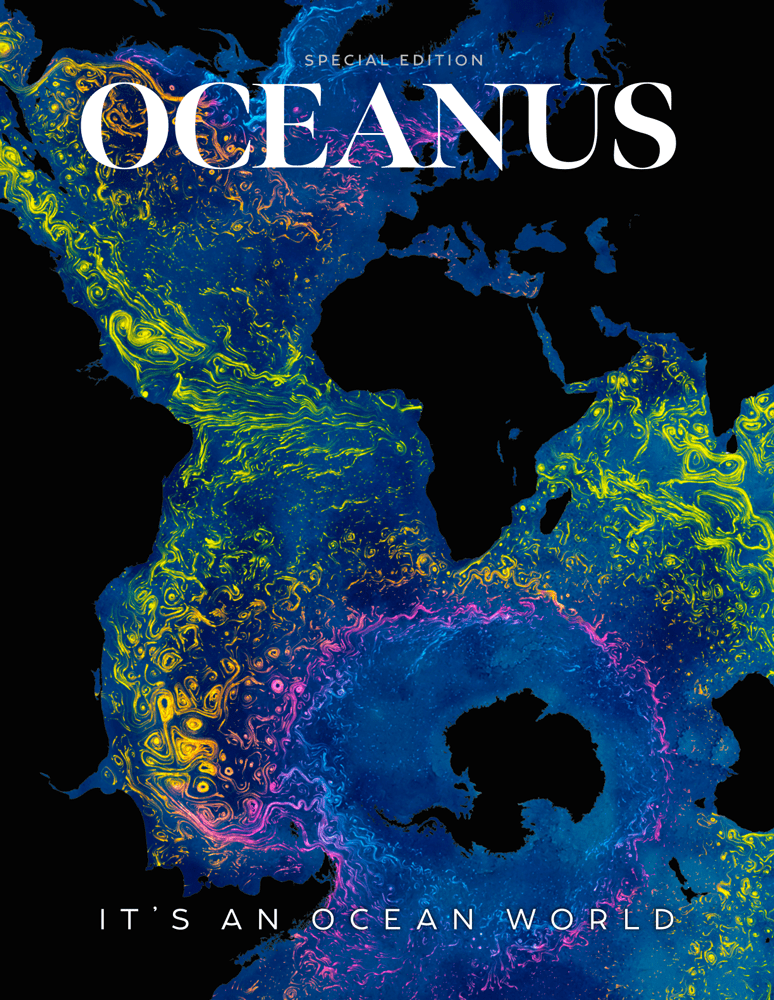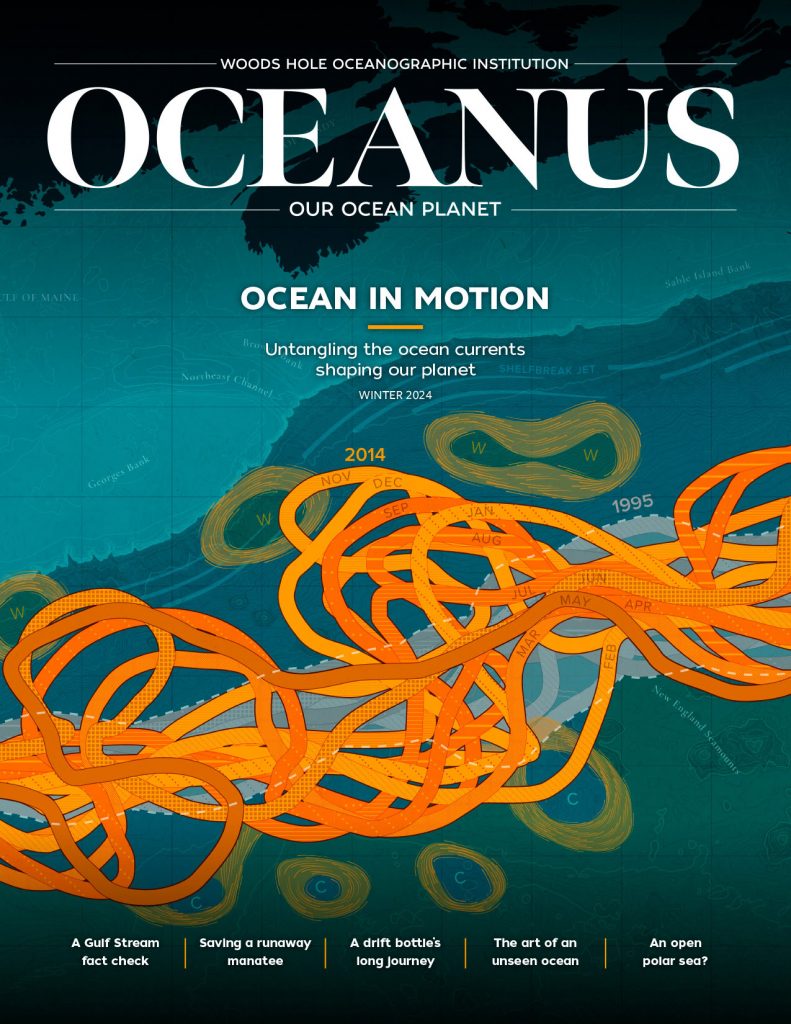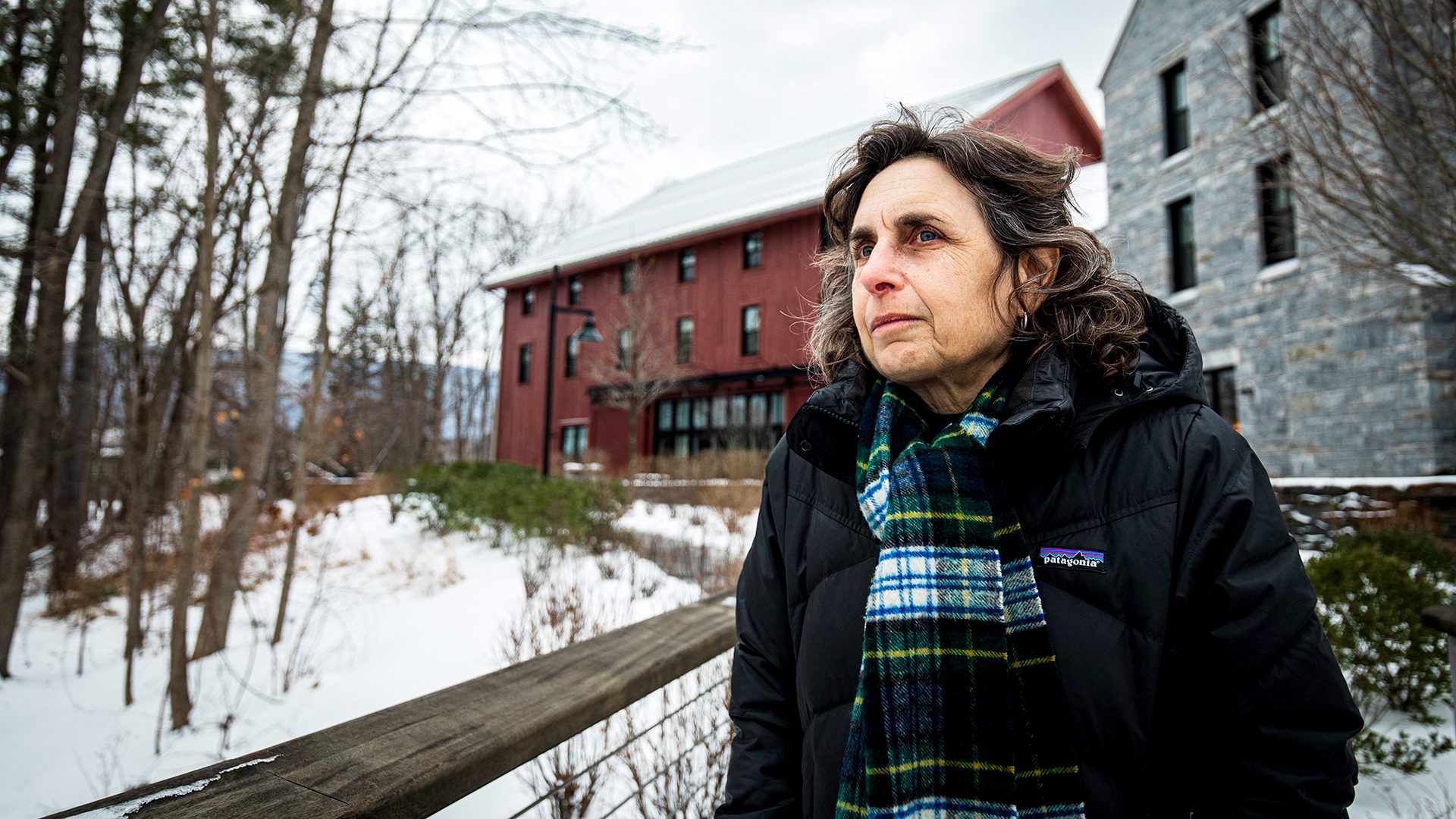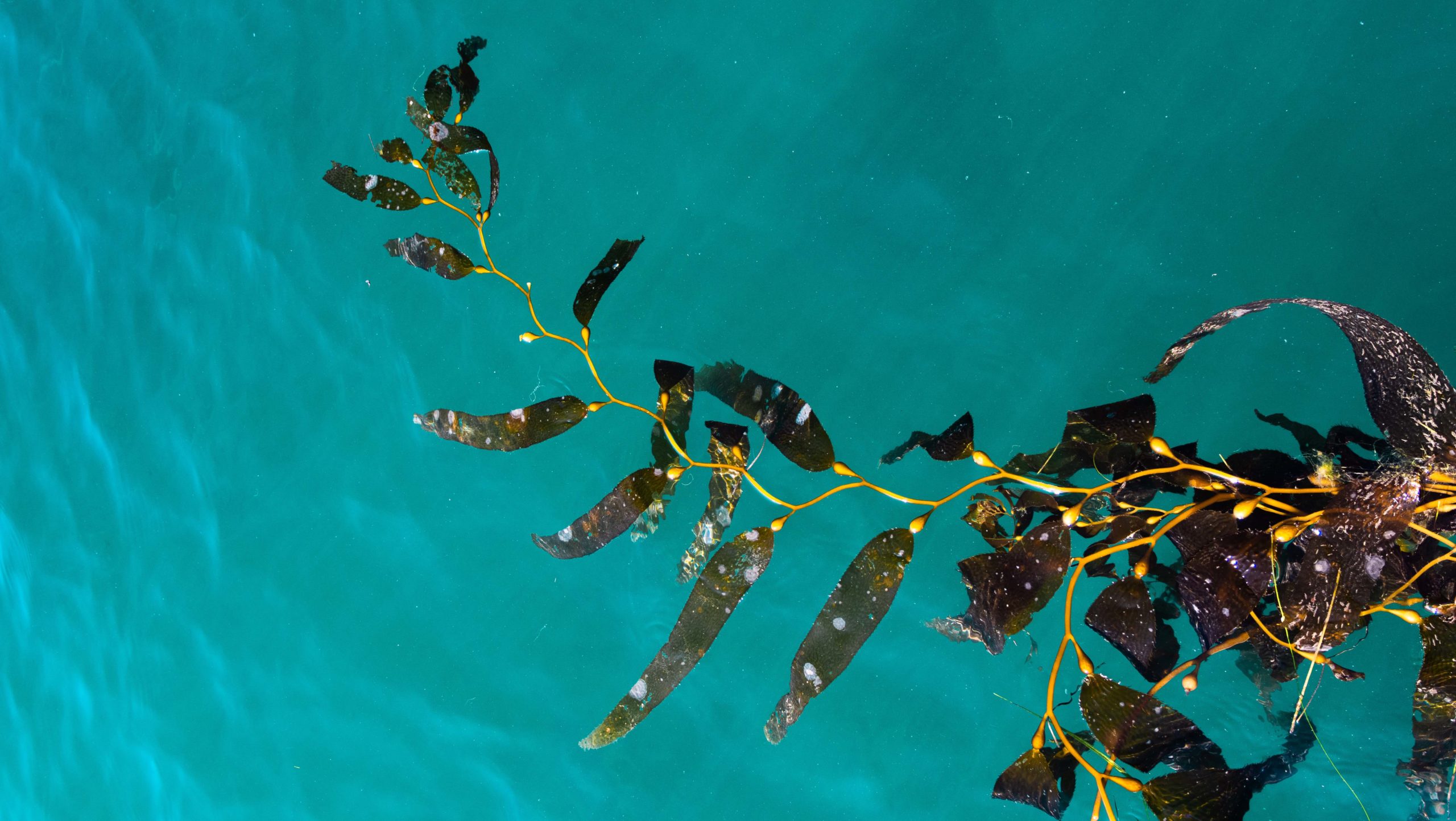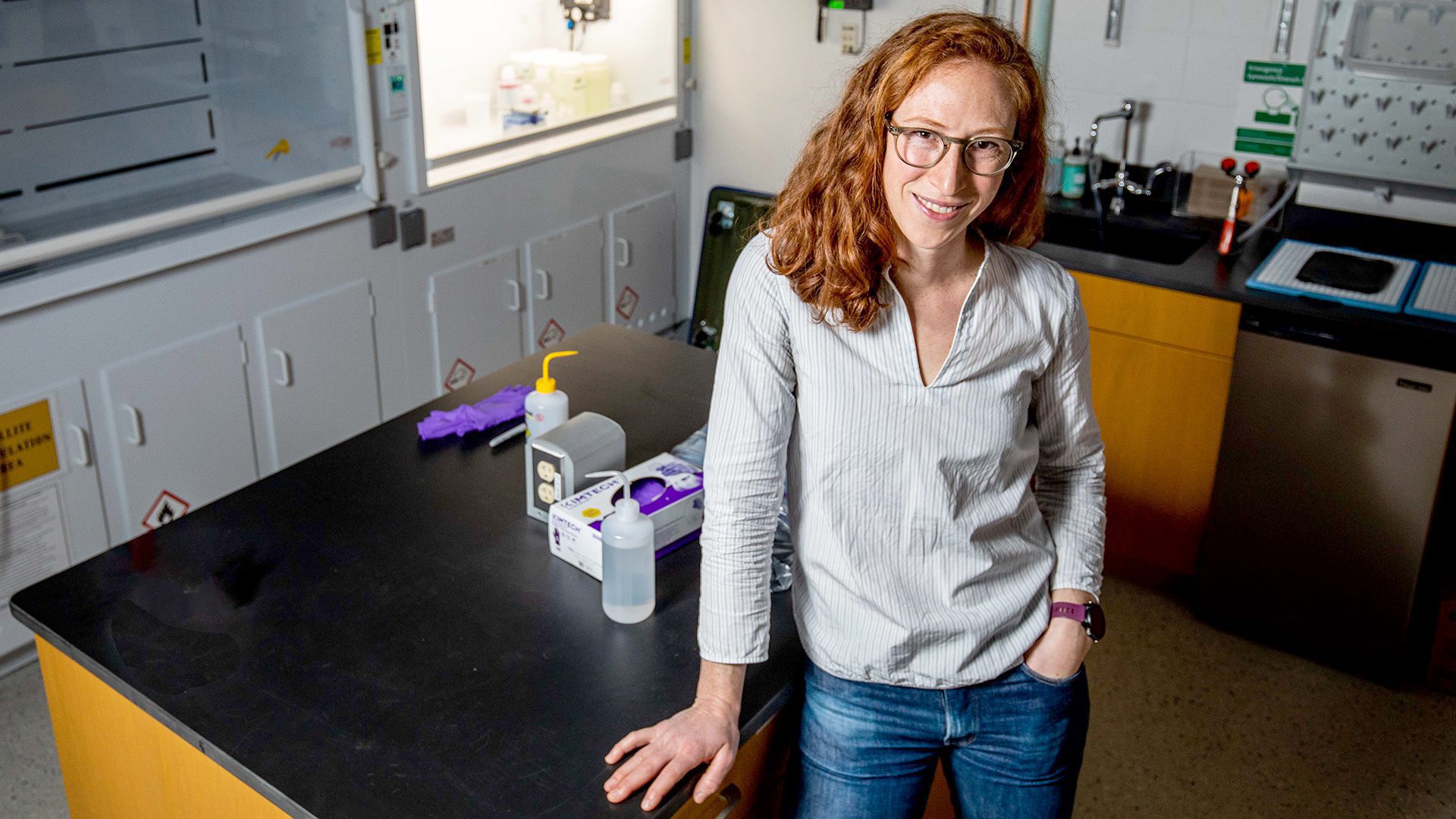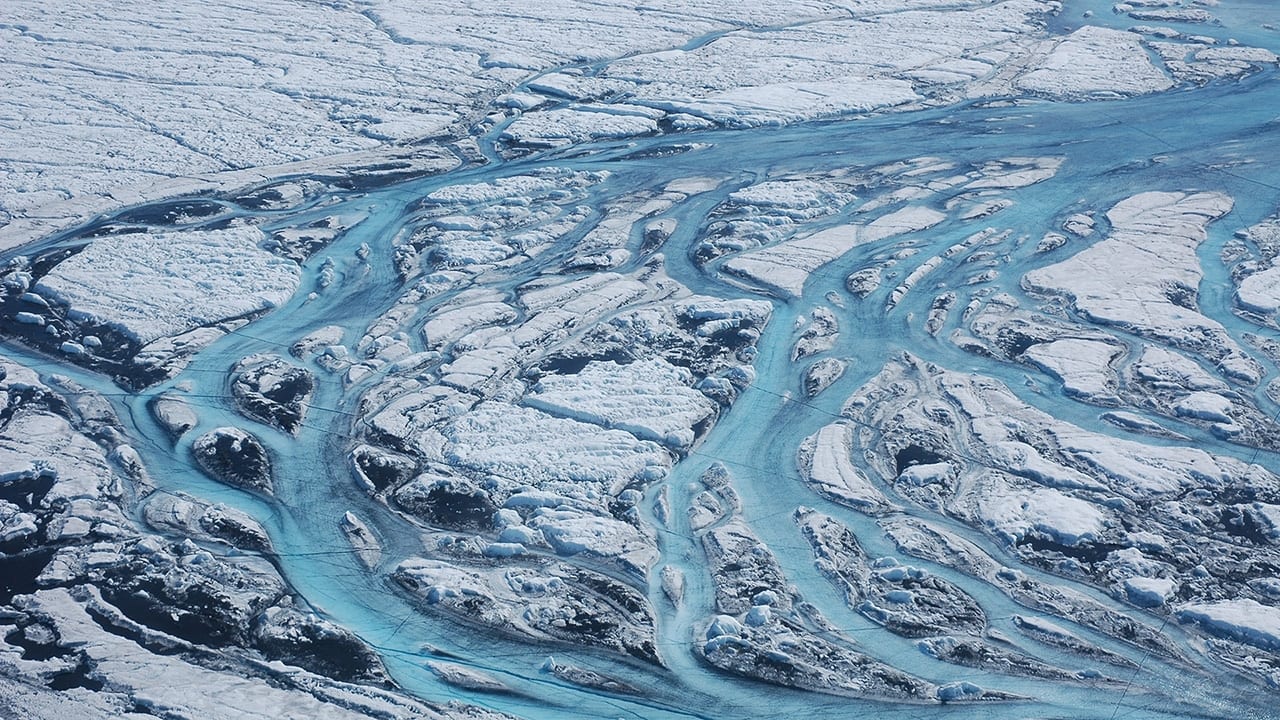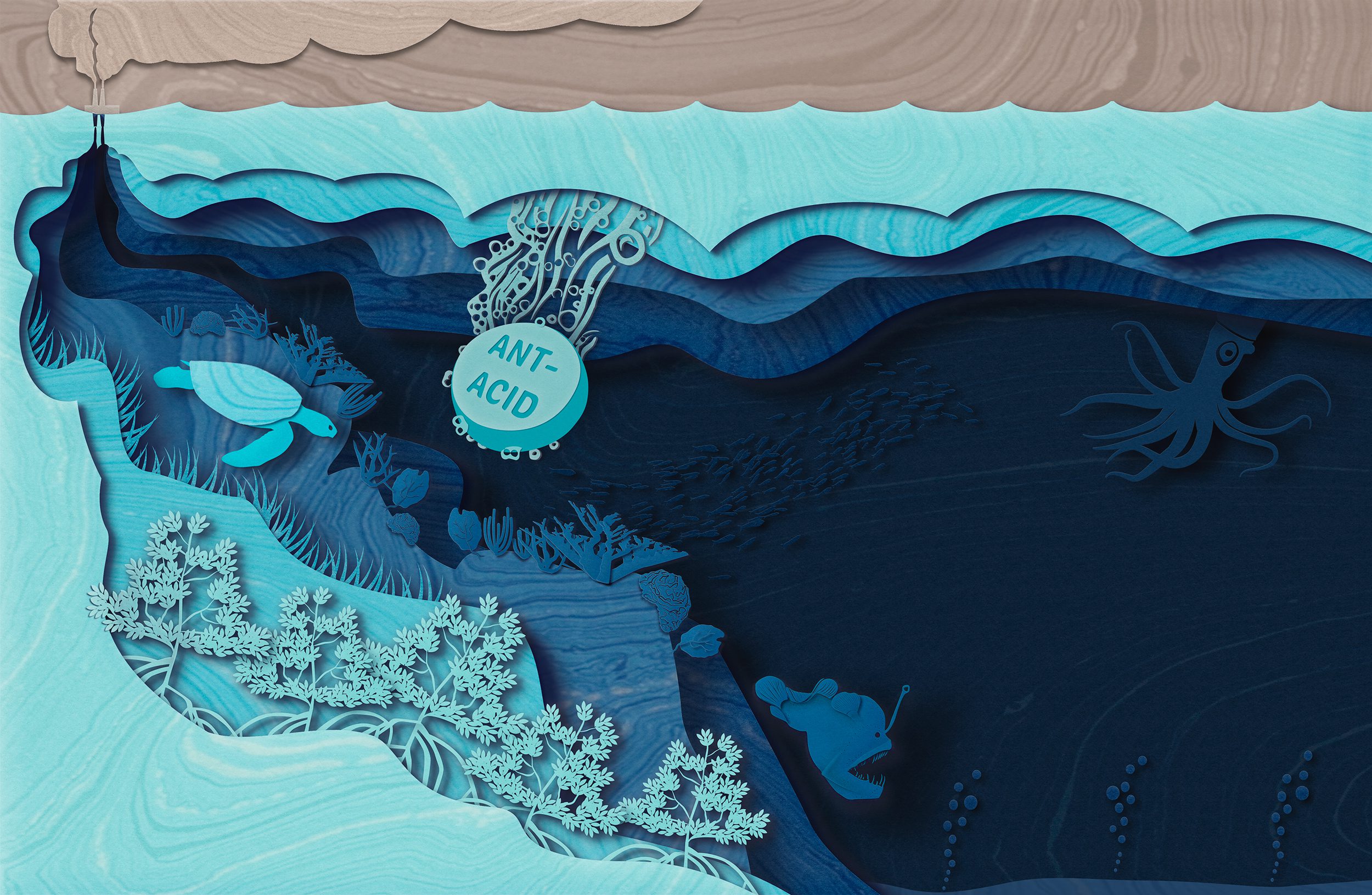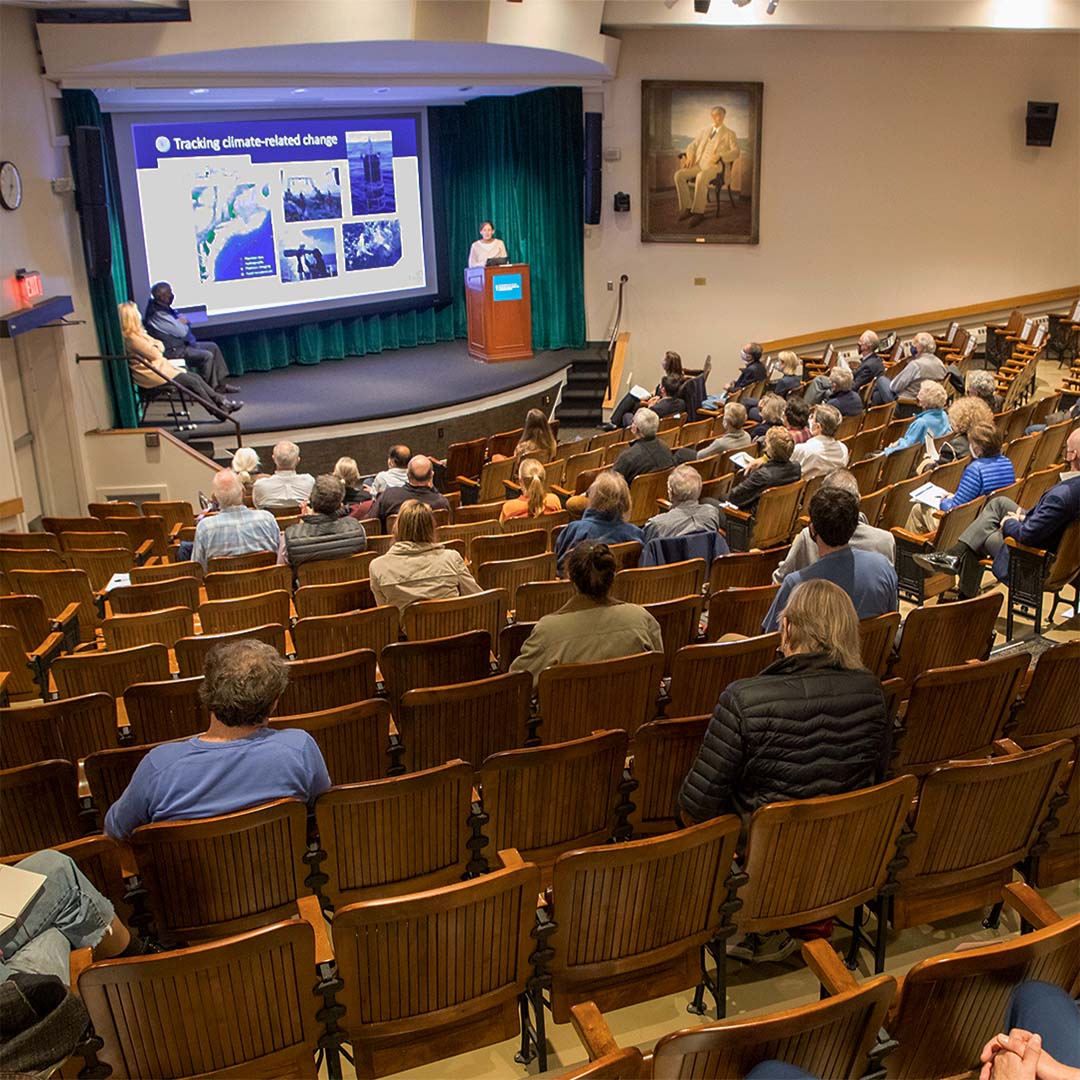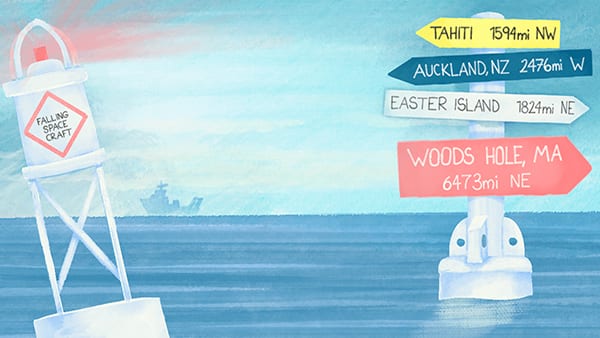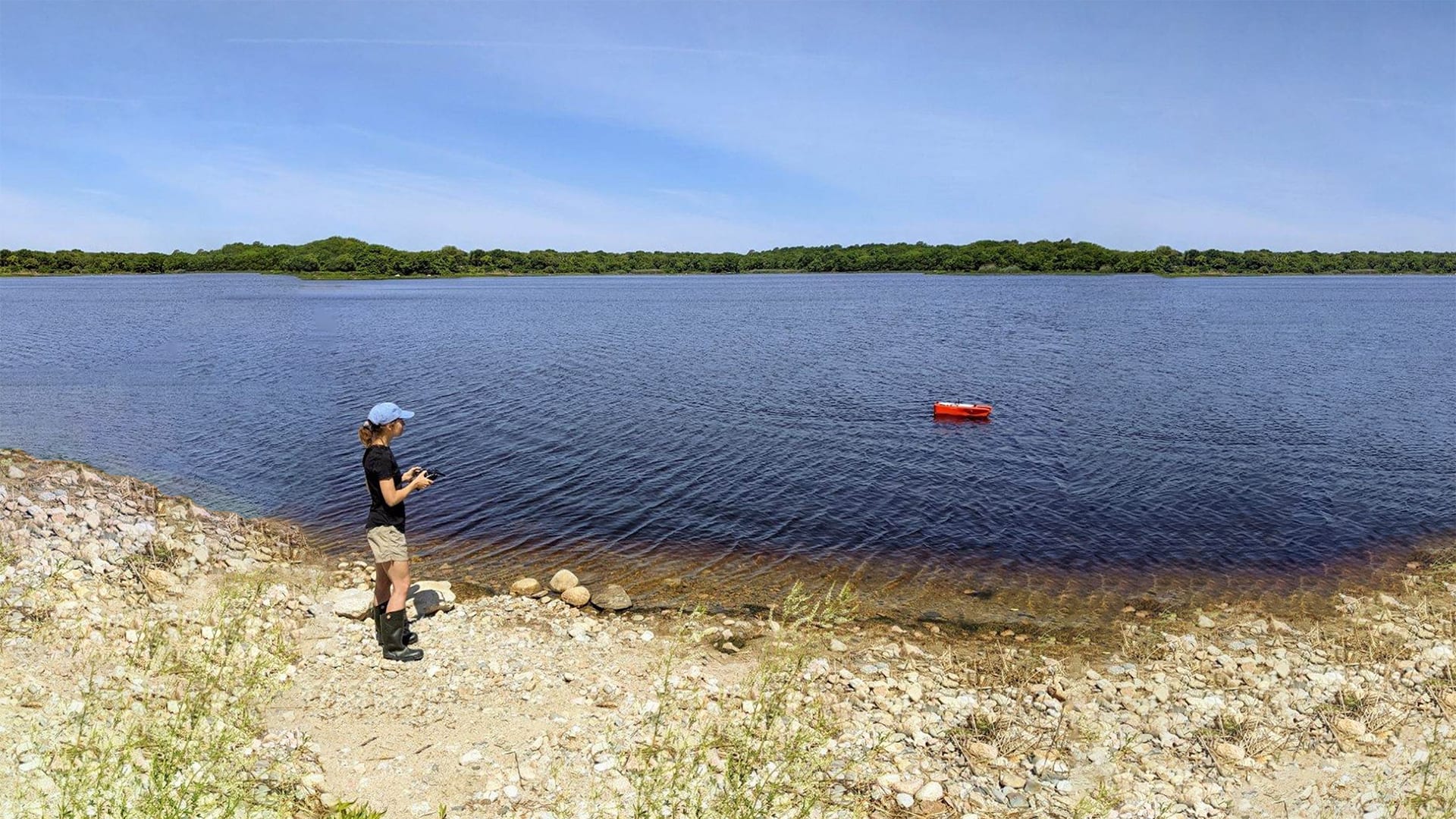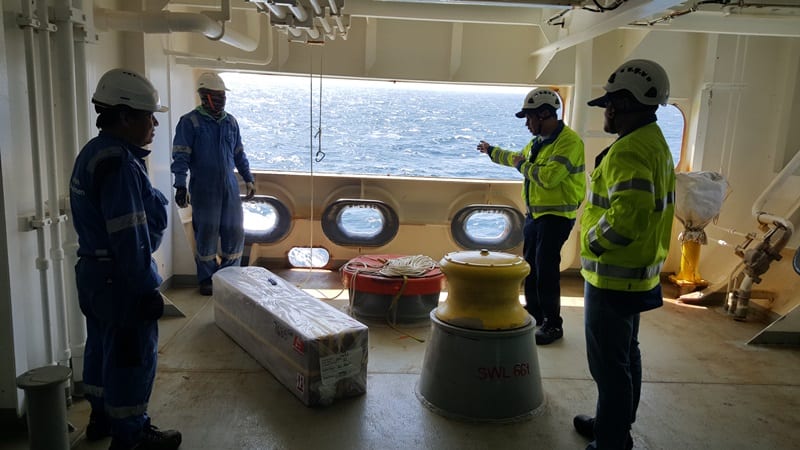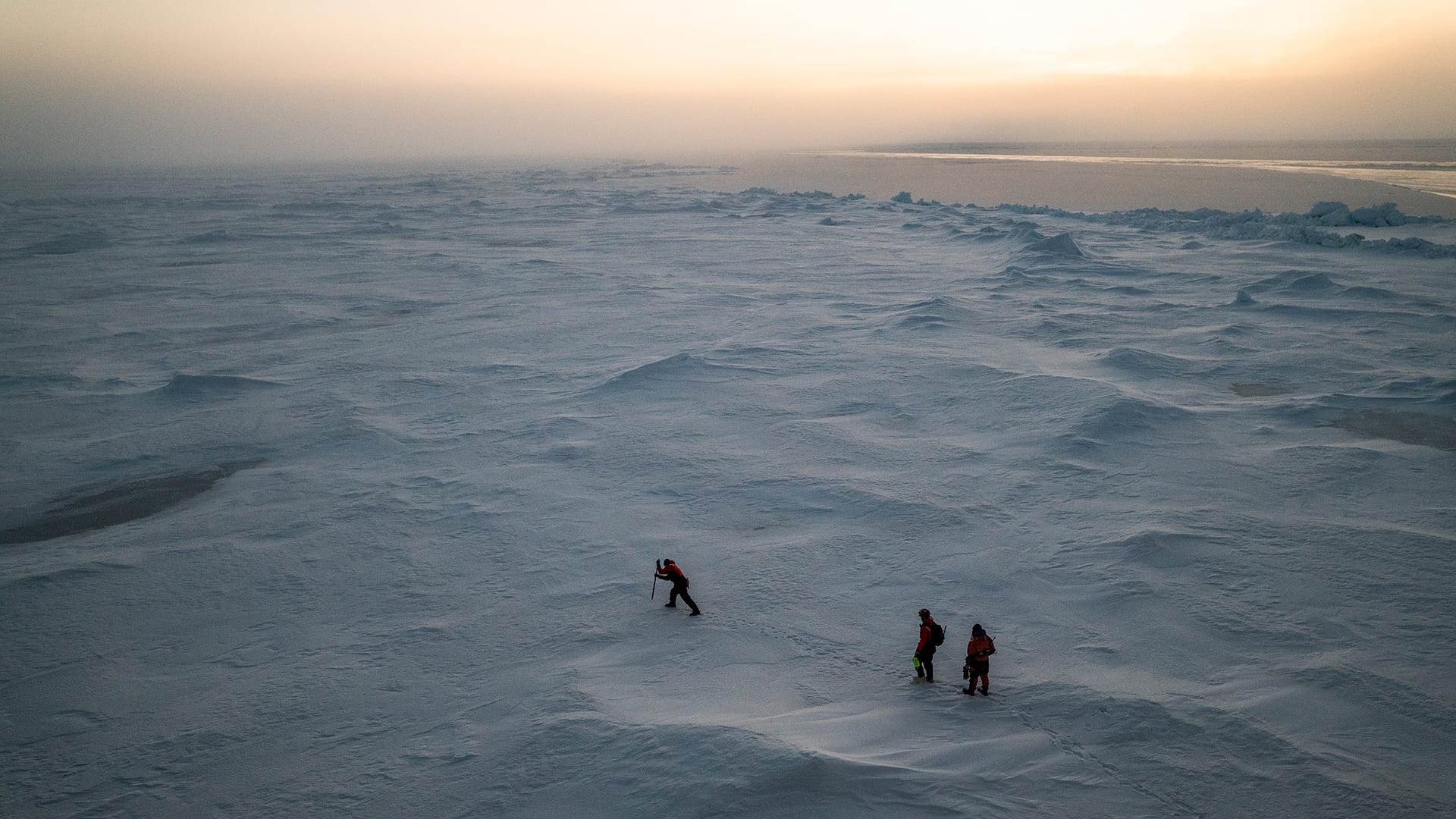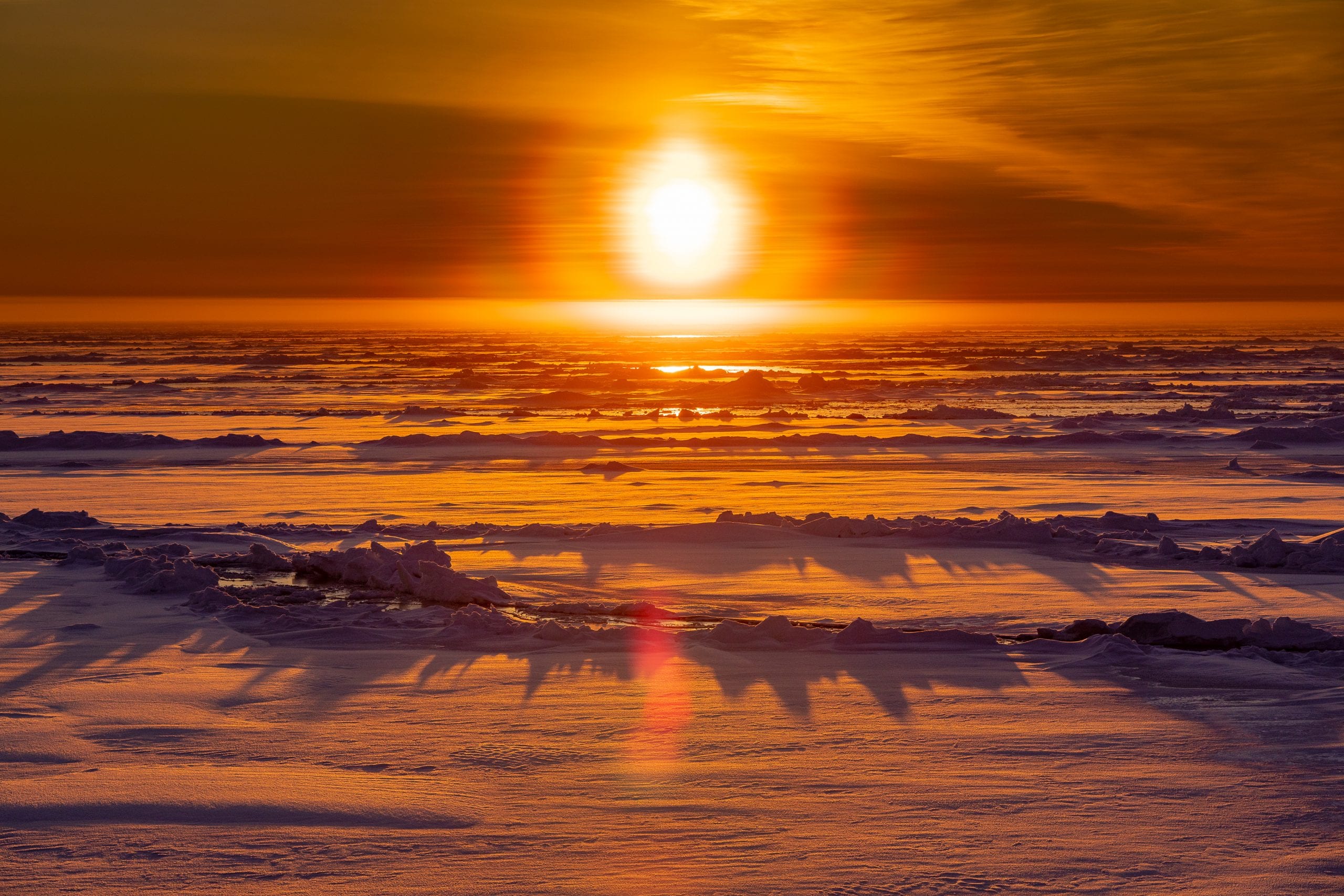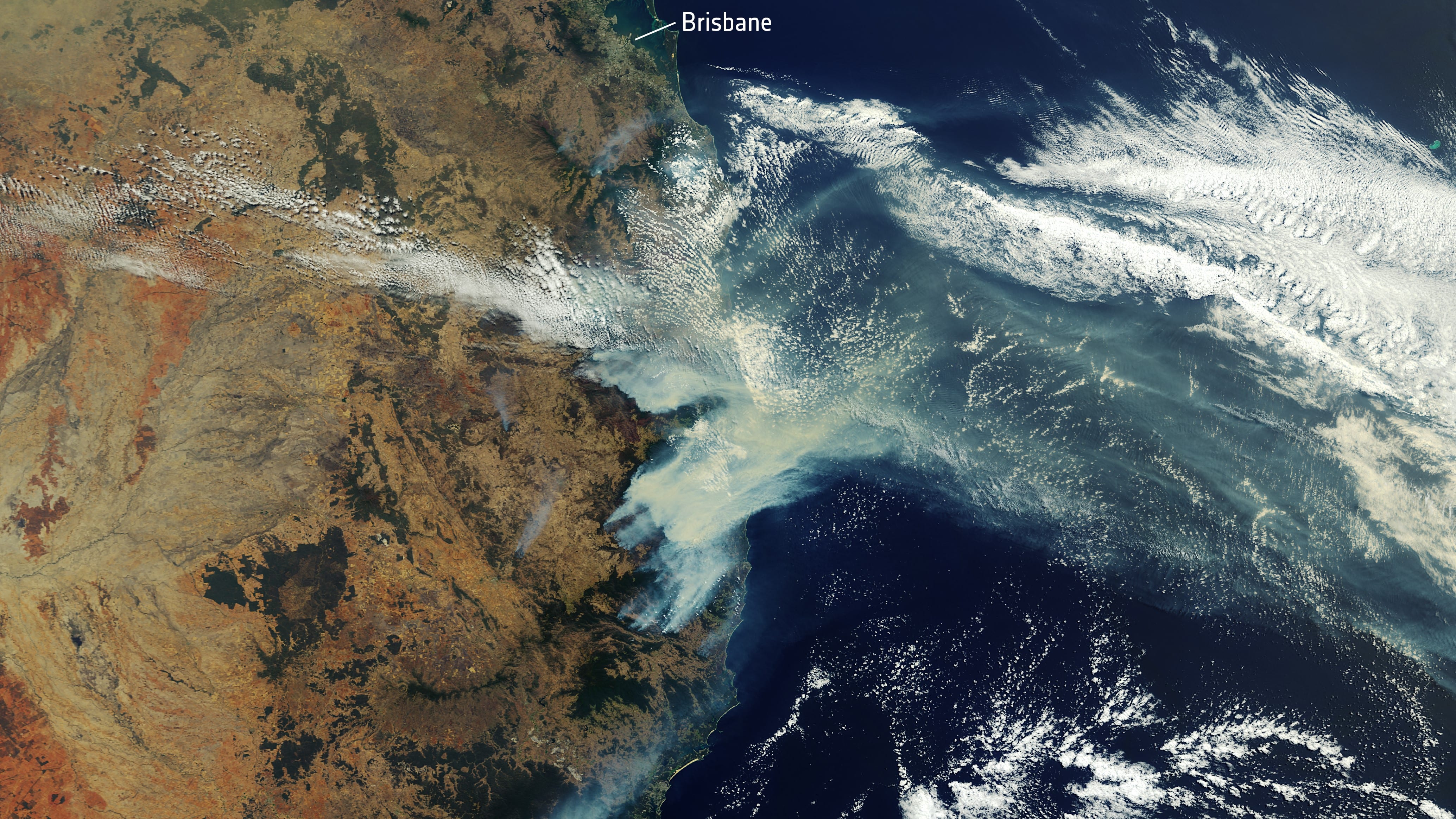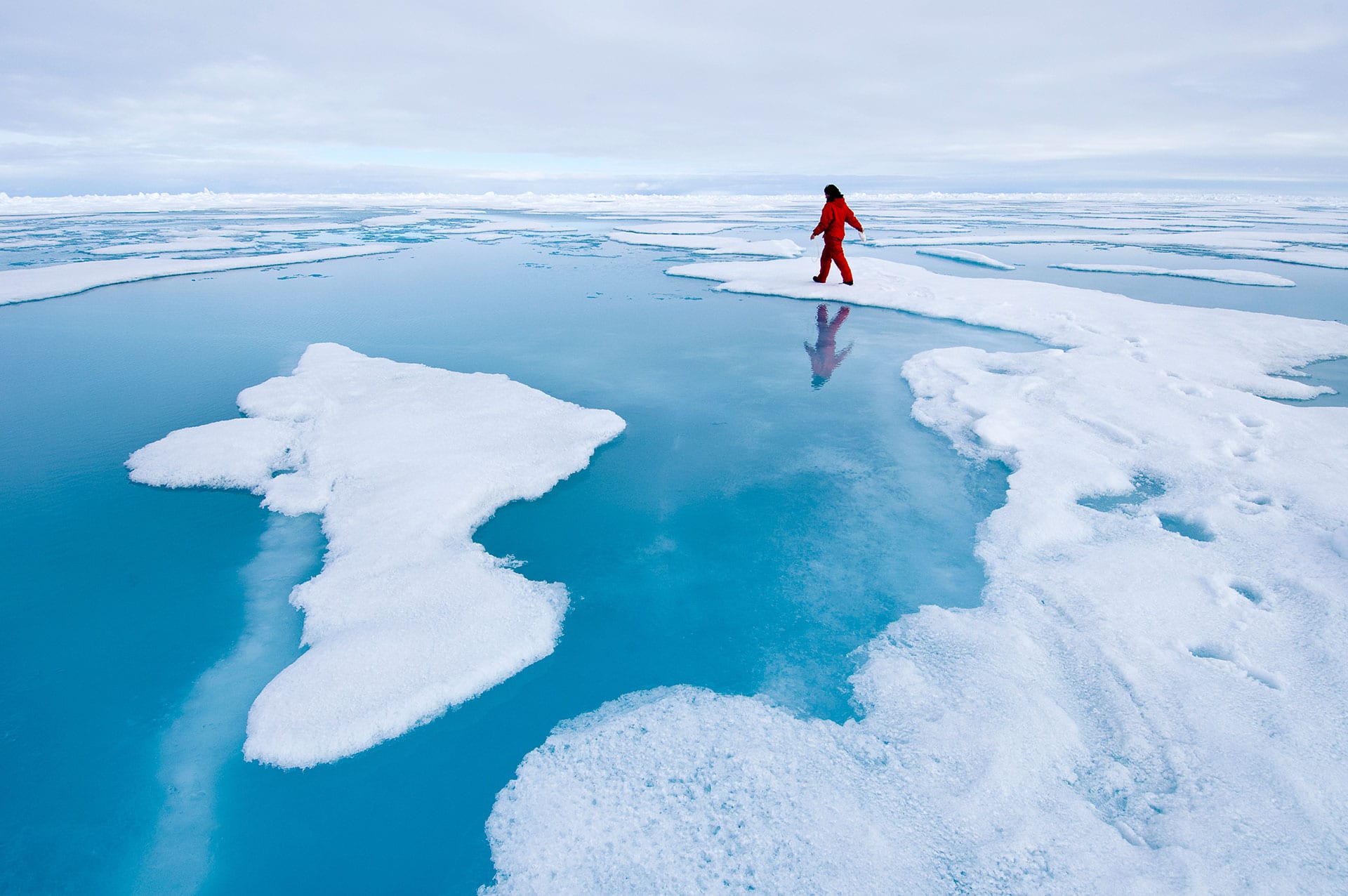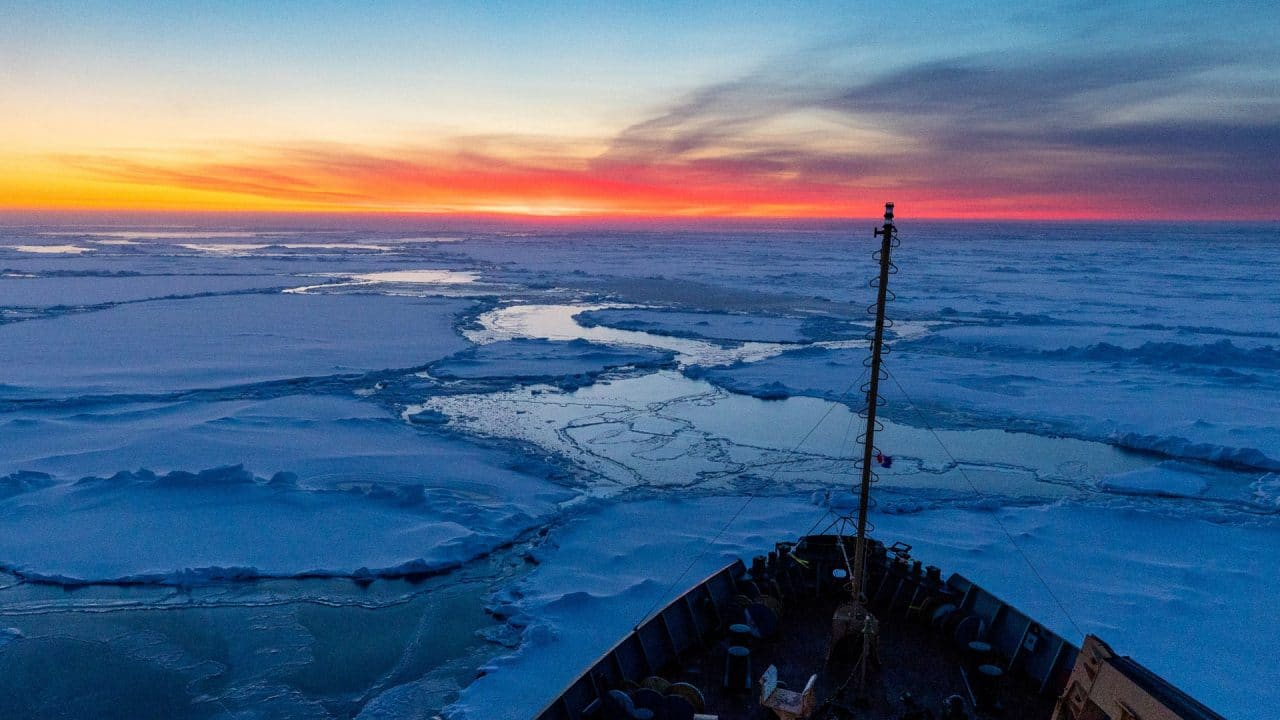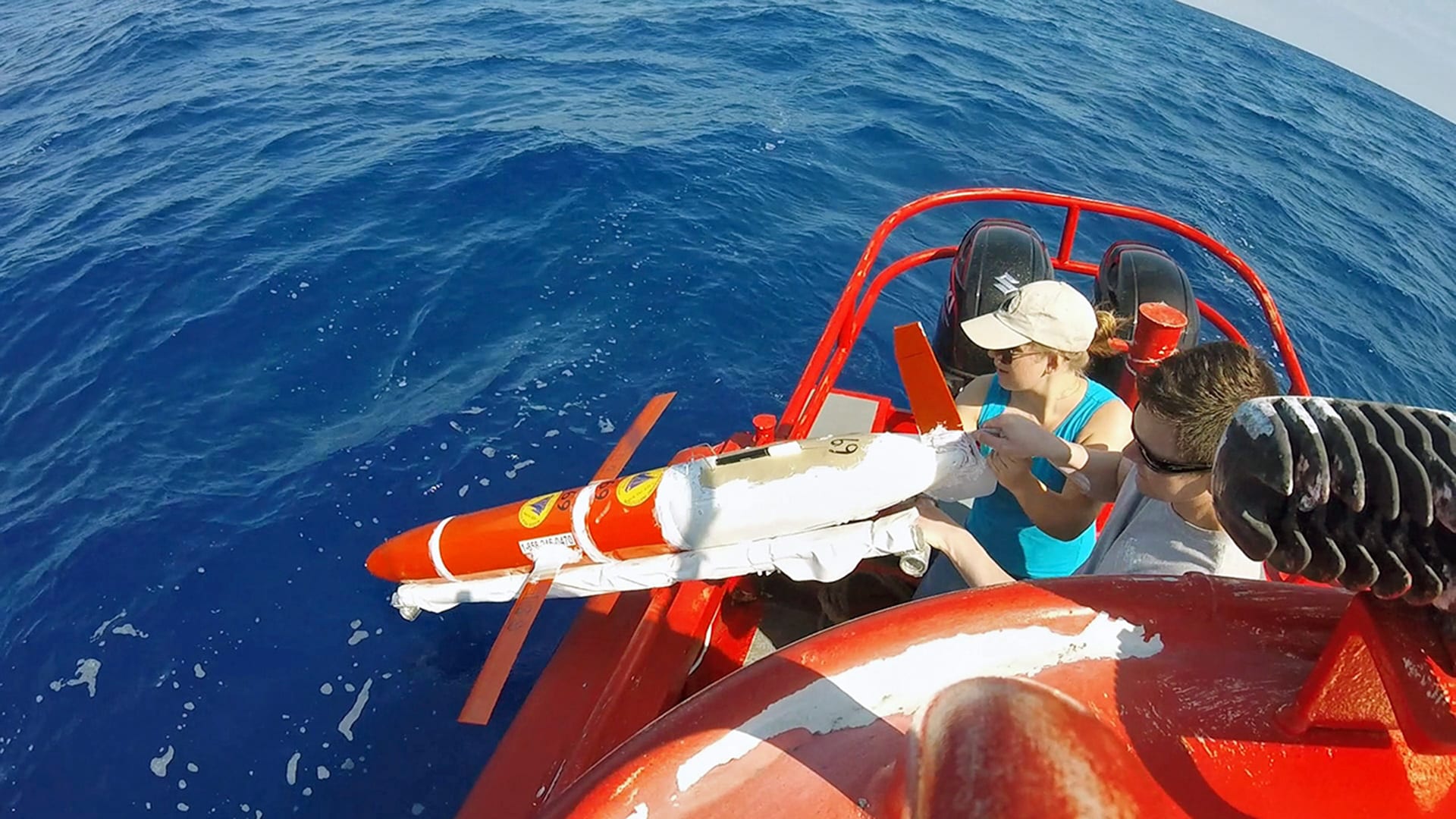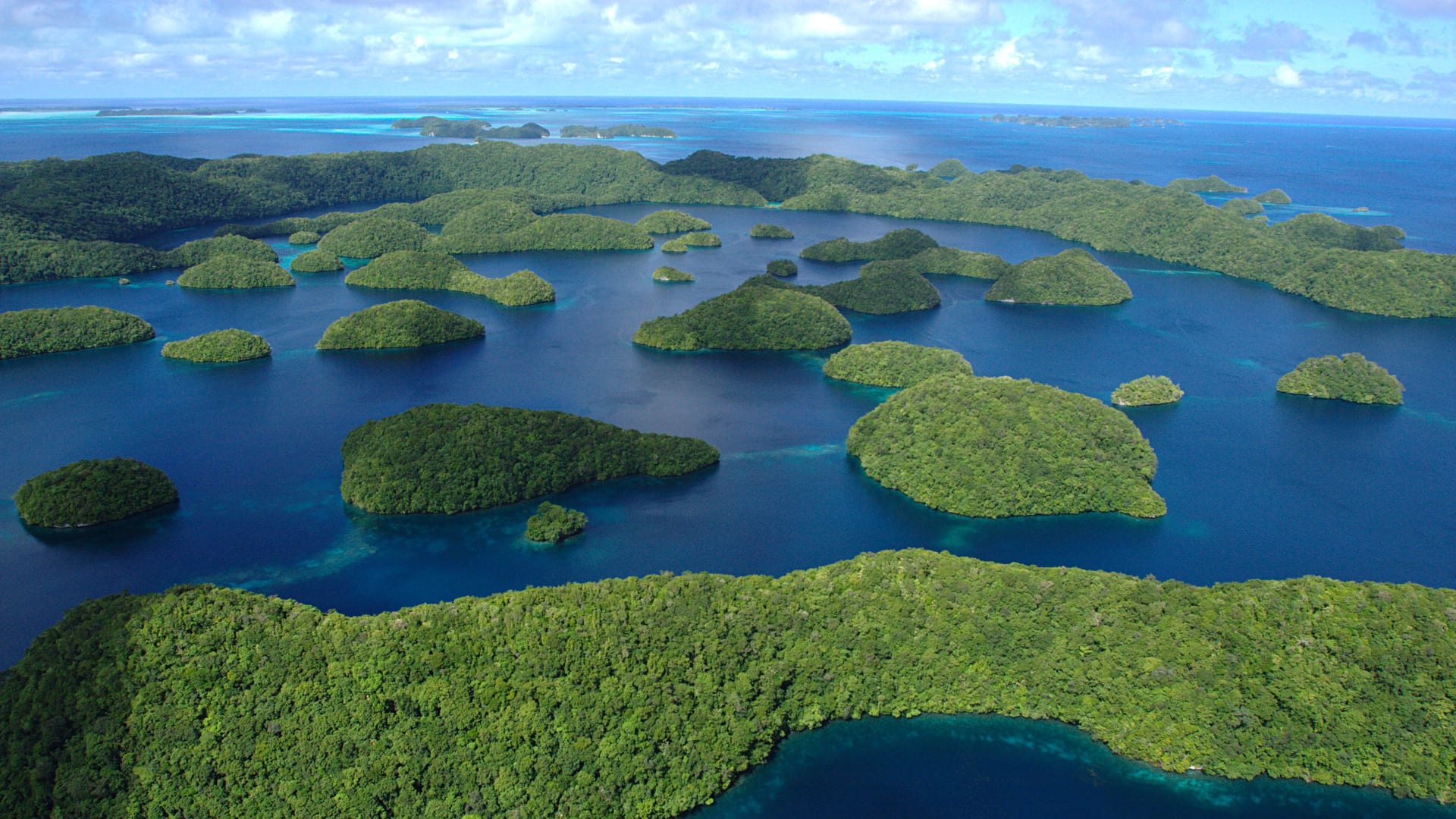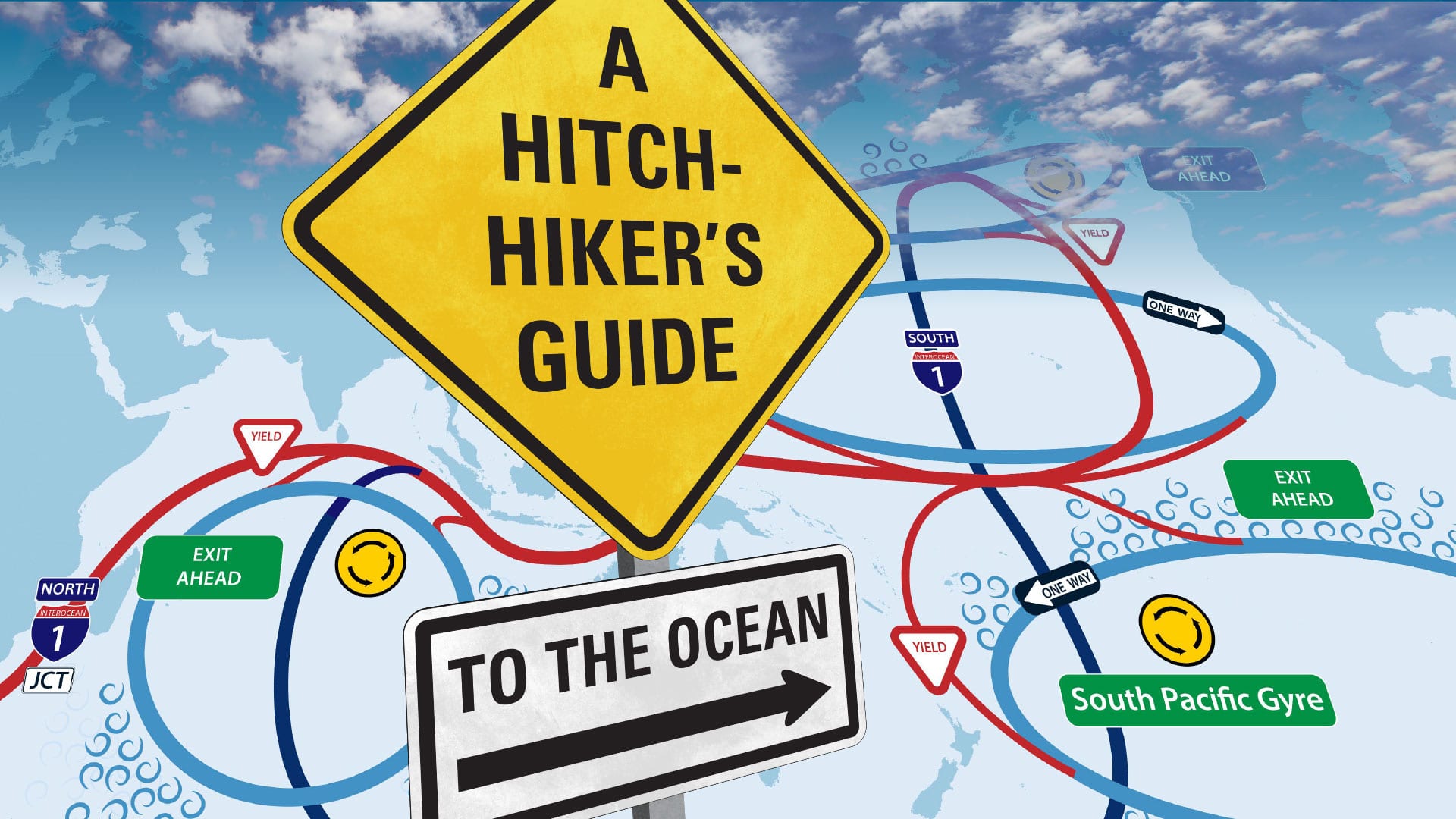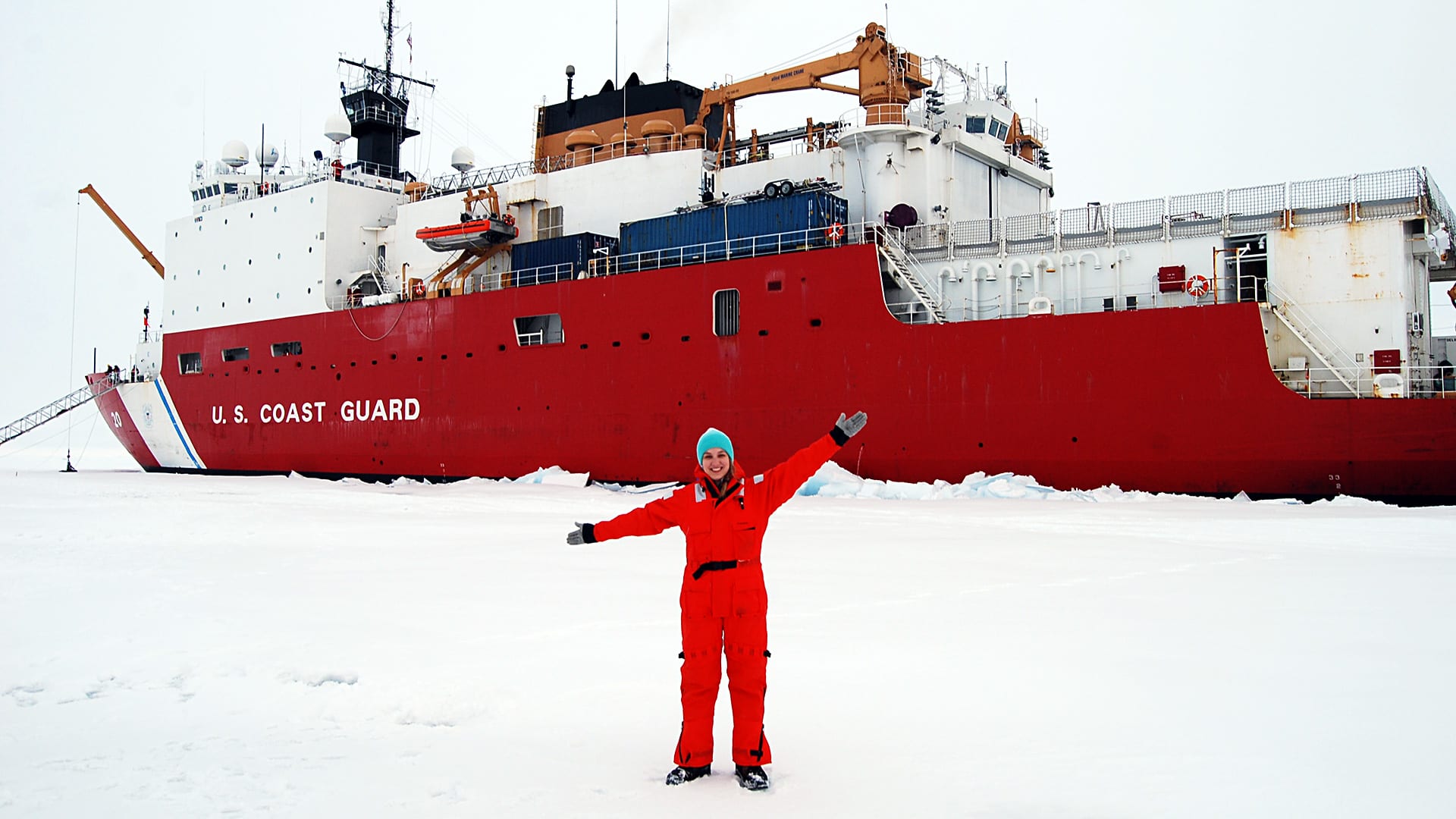Oceanus Online Archive
Elizabeth Kolbert on ocean-based carbon removal
Pulitzer prize–winning author reflects on methods that could enable the ocean to store more carbon, and what that could mean for marine ecosystems and sea life.
Read MoreNational Academy scientists say the ocean must play a role in CO2 removal to stave off climate change
A committee from the National Academy of Science reviews ocean-based methods to remove carbon dioxide in order to meet the Paris Climate Agreement goals
Read MoreHow to speak “Ocean”
Major communications initiative aims to bridge gaps in ocean literacy and awareness
Read MoreAn enduring legacy of impact in ocean and climate research
The new Francis E. Fowler IV Center for Ocean and Climate—a flagship program of WHOI’s president—is designed to unlock the institution’s full potential as the world’s premier independent ocean research organization to address climate change
Read MoreFrom the sound: A future powered by the sea
These two WHOI scientists discuss the promise of offshore wind and wave as renewable energy, and why WHOI is uniquely poised to make these safe and efficient forms of power
Read MoreAn ocean of opportunity
Ocean experts explore the potential risks and rewards of ocean-based solutions to climate change
Read MoreAdapt or retreat:
No solution is off the table to prepare for sea level rise in Woods Hole
Read MoreA coral reef kickstart
WHOI’s Reef Solutions Initiative takes a multi-disciplinary approach to investigate solutions for ailing coral reefs
Read MoreHow historic hurricanes can help predict storm intensity
Research into past hurricanes could help predict the strength of future storms, and inform infrastructure planning and emergency management decisions in southern New England
Read MoreScience RoCS Initiative responds to need for increased ocean monitoring
Commercial ships are helping oceanographers deploy robotic Argo floats to keep an eye on hard-to-reach parts of the ocean
Read MoreThe ocean science-art connection
Some of the most complex insights in marine science are no match for the communicative power of art. Check out these five recent collaborations between ocean scientists and artists
Read MoreFive extreme places to do ocean research
Whether they’re under the ice at the furthest poles or hovering above the ocean’s deepest volcanoes, these researchers get the job done.
Read MoreTracking change in the Arctic Ocean
Changes in the Arctic Ocean are becoming clearer, thanks to an ocean monitoring network maintained by WHOI researchers in the Beaufort Gyre since 2003.
Read MoreInvestigating the ocean’s influence on Australia’s drought
Researchers look to the Indian Ocean for clues on how Australia’s blazing wildfires and bone-dry conditions have reached such extremes.
Read MoreOceans of Change
“THE SEA NEVER CHANGES, AND ITS WORKS, FOR ALL THE TALK OF MEN, ARE WRAPPED IN MYSTERY.” So observed the narrator of “Typhoon,” Joseph Conrad’s 1902 novella. But today, we…
Read MoreThe Ocean’s Moveable Feast
Over the past few decades, Carin Ashjian, a biologist at Woods hole Oceanographic Institution (WHOI), has explored the marine food web and how it has responded to changing ocean conditions.…
Read MoreMining climate clues from our whaling past
Climate scientists work with historians to tap weather records from old New England whaling logbooks. They hope to leverage the historical data to gain new insights into modern-day climate conditions.
Read MoreA ‘Ticking Time Bomb’ in the Arctic
Scientists discover that the amount of heat in a major Arctic Ocean circulation system has doubled over the past 30 years. If the temperatures continue to spike, it could eventually spell trouble for the ice above.
Read MoreGliders Reveal Tango Between Hurricanes and the Gulf Stream
Spray gliders cruising the east coast are collecting ocean measurement data that hurricane forecast modelers can use to improve storm intensity forecasts.
Read MoreSearching for ‘Super Reefs’
Some corals are less vulnerable to ocean acidification. Can the offspring from these more resilient corals travel to other reefs to help sustain more vulnerable coral populations there?
Read MoreA Hitchhiker’s Guide to the Ocean
Like someone monitoring the traffic flow on a road system, MIT-WHOI Joint Program graduate student Sam Levang is examining the flow of the ocean’s global circulation, which has big impacts of our climate.
Read MoreA Change Has Come in the Arctic
On a long voyage across the Arctic Ocean, an MIT-WHOI graduate students finds chemical clues that climate change has already had impacts on the region.
Read More